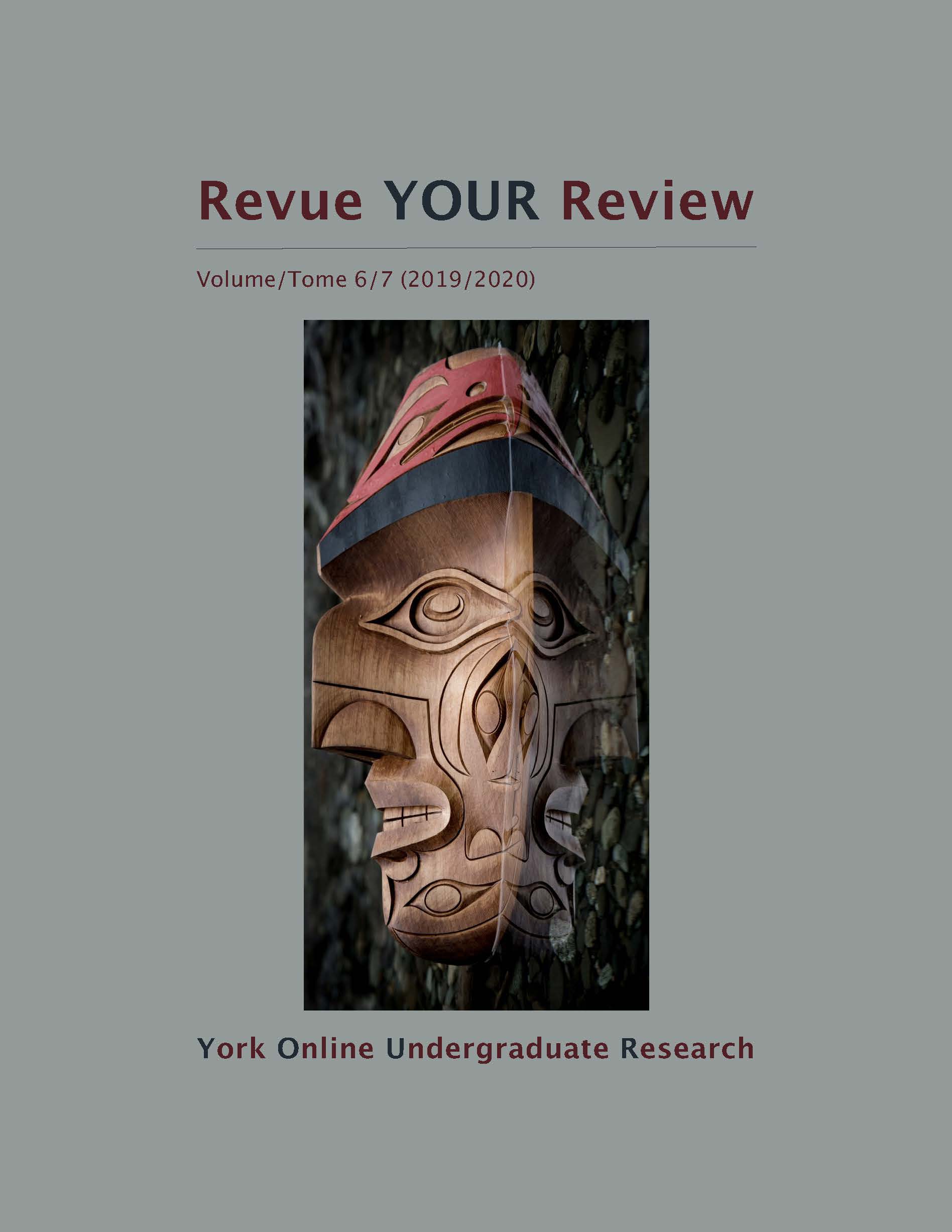Tapping into Health Disparities: Canada's Indigenous Water Crisis
Abstract
In Canada, many Indigenous communities experience environmental racism through the appalling lack of access to safe drinking water. The well-documented health challenges posed by the denial of this basic human right disproportionately affect Indigenous populations. The continuing oppressive impacts of colonization are evident, given that current public perceptions and policy decisions discriminate against Indigenous peoples. Water system maintenance is a public health necessity, and the government has recklessly off-loaded this responsibility onto Indigenous populations, despite their varying degrees of social, financial, and structural ability to manage this crucial task. By boiling down the overlapping historical and cultural conditions that have allowed this state to develop and perpetuate, this research explores how health policies can strategically enact multi-faceted and tailored approaches to end this injustice. The results demonstrate that current top-down Indigenous health policy tactics are failing and will continue to destroy the lives of many people. Spiritual, mental, and physical health are interconnected and, when analyzing these through a water access lens, the negative effects are visible at the population level. Many Indigenous people have lost faith in the future, given that their circumstances are failing to improve; this is compounded by severe physical ailments resulting from bathing in and consuming tainted water. Moving forward, policy planning needs to address the various social determinants of health that are disadvantaging Indigenous populations while collaborating with communities to develop approaches formulated to address their unique needs.
Downloads
Published
How to Cite
Issue
Section
License
LicenseAuthors contributing to Revue YOUR Review agree to release their articles under one of three Creative Commons licenses: Creative Commons Attribution 4.0 International; Creative Commons Attribution-NonCommercial 4.0 International; or Creative Commons Attribution-NoDerivatives 4.0 International. All editorial content, posters, and abstracts on this site are licensed under Creative Commons Attribution-NoDerivatives 4.0 International. For further information about each license, see:
https://creativecommons.org/licenses/
In all cases, authors retain copyright of their work and grant the e-journal right of first publication. Authors are able to enter into other contractual arrangements for the non-exclusive distribution of the e-journal's published version of the article (e.g., post it to an institutional repository or publish it in a book or in another journal), with an acknowledgement of its initial publication in this e-journal.


